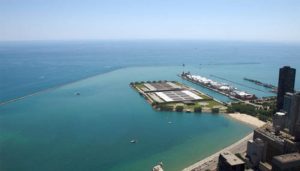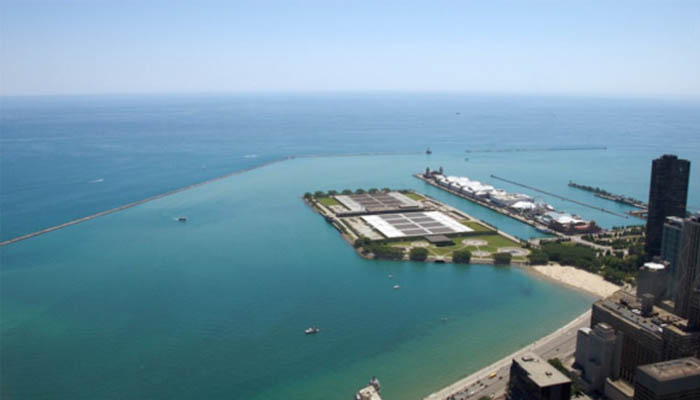Sea Water As An Alternative Source To Deal With Water Scarcity In Pakistan
Sea Water As An Alternative Source To Deal With Water Scarcity In Pakistan: Salt removal of seawater offers enormous opportunities for Pakistan to meet its growing agricultural and civil water requirements in the country, a top government body has proposed.
Pakistan is feared to go water scarce in the next one decade or do.
A high-level consultative meeting held at the Ministry of Planning and Development under the chairmanship of Planning Secretary Shoaib Ahmed Siddiqi has proposed numbers of actions to use the seawater as an alternative source to deal with water scarcity.
The meeting was attended by experts and top officials from #UNESCO, National Institute of Biotechnology & Genetic Engineering (NIBGE), #Pakistan Agricultural Research Council (PARC), Pakistan Council of Research in Water Resources (PCRWR), Pakistan Council of Scientific & Industrial Research (PCSIR), Governments of Punjab and Sindh, Metropolitan Corporation Islamabad, CDA, WASA Rawalpindi, Defence Housing Authority, Karachi, Gwadar Development Authority.

It proposed recycling and treatment of drinking, industrial and sewerage water in cities and urban areas.
The high-level meeting discussed five major subjects including
- Seawater desalination: IWRM paradigm,
- sewerage water treatment,
- drinking water treatment,
- recycling of municipal wastewater
- treatment of industrial wastewater.
The meeting also made a number of unanimous solutions which included the adoption of an internationally recognized framework of Integrated Water Resources Management (IWRM) which is in line with the objectives set for #UN Decade for Action-Water for Sustainable Development (2018-28).
It was emphasized that solar desalination was highly suitable for Keti Bandar, Thatta and Badin in Sindh and Ormara, Pasni and Jivani in Balochistan.
The meeting identified that higher costs were the major hindrance in the adoption of desalination technologies. In a bid to reduce the cost of installation as well as that of O&M, local manufacturing would be promoted with the exception of only two items i.e. membranes and instruments.
Recommendations of the committee
- Saline aquifers make a reasonable part of groundwater resources. It was emphasised that feasible and effective technologies like magnetic treatment and partial desalination may be promoted.
- In the coastal belt, pre-filtration through slow and filters needs to be adopted for increasing life of treatment plants without compromising on the quality of output.
- In addition, dug wells may also be used near coastline where subsurface hydrogeology allows.
Existing water supply in the country covers about 85-90% of the population, however, neither the quantity is adequate nor the quality is safe. Drinking water’s main resource is groundwater.
Seawater treatment technology is a proven technology and is being implemented successfully in 27 countries. Sewerage treatment is essential for protecting freshwater bodies and protecting groundwater aquifer from pathogens and other heavy metals.
Pakistan National Standards for Drinking Water Quality (2008) need to be strictly enforced in letter and spirit. Regarding industrial effluents, provisions made under NEQS (2010) should be followed.
Enforcement of Canal and Drainage Act of 1873 may be ensured to prevent discharge of effluents and protect freshwater bodies.
For More Information & Videos Subscribe To Our YouTube Channel

